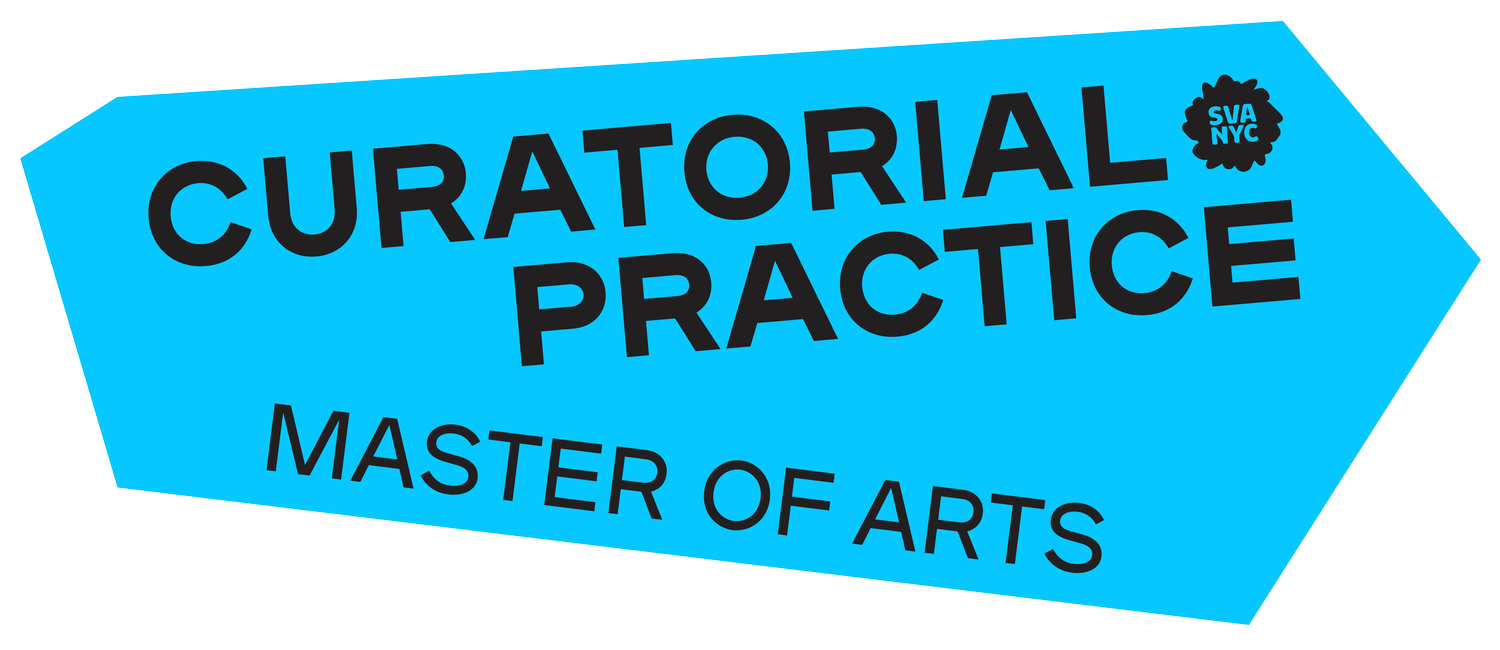The Curatorial Roundtable, an international forum for curators and institutional leaders to discuss formative and current projects, is hosted by Steven Henry Madoff, Founding Chair of the MA Curatorial Practice at the School of Visual Arts in New York City.
For this special session of the Roundtable, the curators of Survival Kit in Riga will speak about the festival's curation and the urgencies facing curators in Eastern Europe today.
Solvita Krese is the director of and a curator at the Latvian Centre for Contemporary Art (LCCA) in Riga since 2000. She has been curator and co-curator of a number of large-scale international exhibitions, including Portable Landscapes (co-curated with Inga Lāce and Solvita Krese) that traced and contextualized the emigration and exile stories of Latvian artists throughout the twentieth century. The project was exhibited at Villa Vassilieff, Paris; the Latvian National Art Museum, (2018); and the James Gallery at CUNY, New York (2019) (co-curated with Inga Lāce and Andra Silapētere). Other curatorial ventures include Unexpected Encounters at Den Frie Art Center, Copenhagen and the Latvian National Art Museum (2019, co-curated with Inga Lāce and Andra Silapētere); Identity. Behind the curtain of uncertainty, National Gallery of Ukraine, Kiev (2016); re:visited, Riga Art Space (2014); Telling tales, National Gallery of Art, Vilnius; Kumu Art Museum, Tallinn; Centre for Contemporary Art, CentrePasquArt, Biel (2014); Alternativa, WYSPA, Gdansk (2013), among others. Krese was the commissioner of the Latvian Pavilion for the 56th and 58th Venice Biennales (2015 and 2019). In 2009, she initiated the annual contemporary art festival, Survival Kit, which she has been curating or co-curating ever since.
Since its inception in 2006, the internationally renowned art collective Slavs and Tatars has shown a keen grasp of polemical issues in society, clearing new paths for contemporary discourse as communion, via a wholly idiosyncratic form of knowledge production including popular culture, exhibitions, spiritual and esoteric traditions, oral histories, merchandise, modern myths, as well as scholarly research. Their work has been the subject of solo exhibitions at institutions across the globe, including the Vienna Secession; MoMA, New York; Salt, Istanbul; and Albertinum, Dresden, among many others. The collective’s practice is based on three activities: exhibitions, publications, and lecture-performances. Slavs and Tatars has published more than twelve books to date, including most recently their first children’s book, Azbuka Strikes Back with Walther und Franz König. In 2020, Slavs and Tatars opened Pickle Bar, a slavic aperitivo bar-cum-project space a few doors down from their studio in the Moabit district of Berlin, as well as a residency and mentorship program for young professionals from the region.
Antra Priede is an art historian and curator. She is the vice-rector of the Art Academy of Latvia in Riga. In 2018, she founded and leads research into the specialization of graduate-level curatorial studies. Her concerns also include the history of exile, art during the Soviet period, and the role of the curator in the local and international art ecosystem.
RSVP here.
